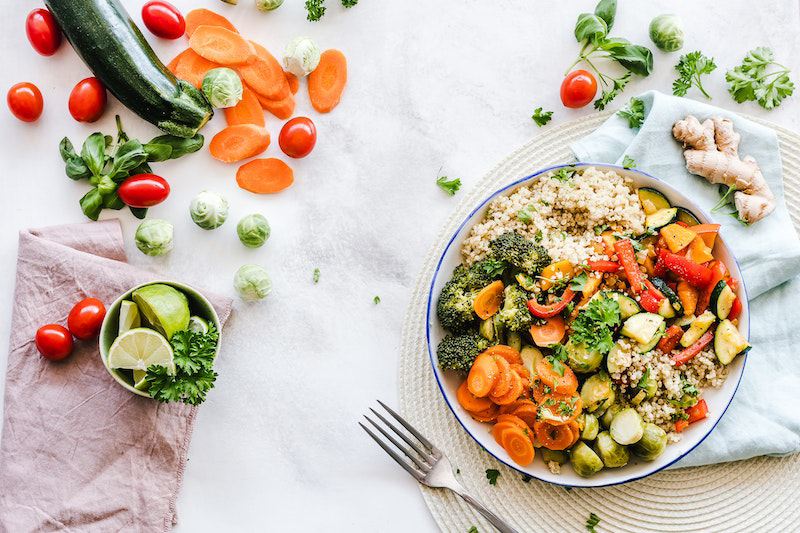
Carotenoids are a group of plant pigments that provide fruits and vegetables with their bright red, orange, and yellow colors. Examples include carrots, mangoes, pumpkins, and sweet potatoes.
Benefits
These compounds have long been recognized for their ability to promote eye health, but recent studies suggest that carotenoids may also play a critical role in protecting the brain and preventing dementia.
In a study published in the Journal of Alzheimer’s Disease, researchers found that older adults with high levels of carotenoids in their blood had better cognitive function and a lower risk of developing dementia.
The study involved 1,092 adults with an average age of 80 years who were free of dementia at the start of the study. Participants underwent cognitive tests and provided blood samples to measure their levels of six different carotenoids.
The results showed that participants with the highest levels of total carotenoids had significantly better cognitive function than those with the lowest levels. In particular, higher levels of lutein and zeaxanthin, two carotenoids commonly found in leafy green vegetables, were associated with better verbal fluency and memory performance. Higher levels of beta-carotene, another carotenoid found in orange and yellow fruits and vegetables, were associated with better attention and processing speed.
Findings
These findings suggest that a diet rich in carotenoids may help protect the brain and prevent cognitive decline in old age. Carotenoids are thought to work by reducing inflammation and oxidative stress in the brain, which are key drivers of cognitive decline and dementia. In addition, carotenoids may help maintain the integrity of brain cells and promote the growth of new brain cells.
Carotenoids are found in a variety of fruits and vegetables, including carrots, sweet potatoes, spinach, kale, tomatoes, and red peppers.
To get the most benefit, experts recommend eating a variety of colorful fruits and vegetables every day. It’s also important to note that carotenoids are best absorbed when consumed with healthy fats, such as those found in nuts, seeds, and avocados.
Carotenoids are an important nutrient for brain health and may help protect against cognitive decline and dementia in old age. By including a variety of colorful fruits and vegetables in your diet and pairing them with healthy fats, you can help ensure that your brain gets the nutrients it needs to stay healthy and sharp.







